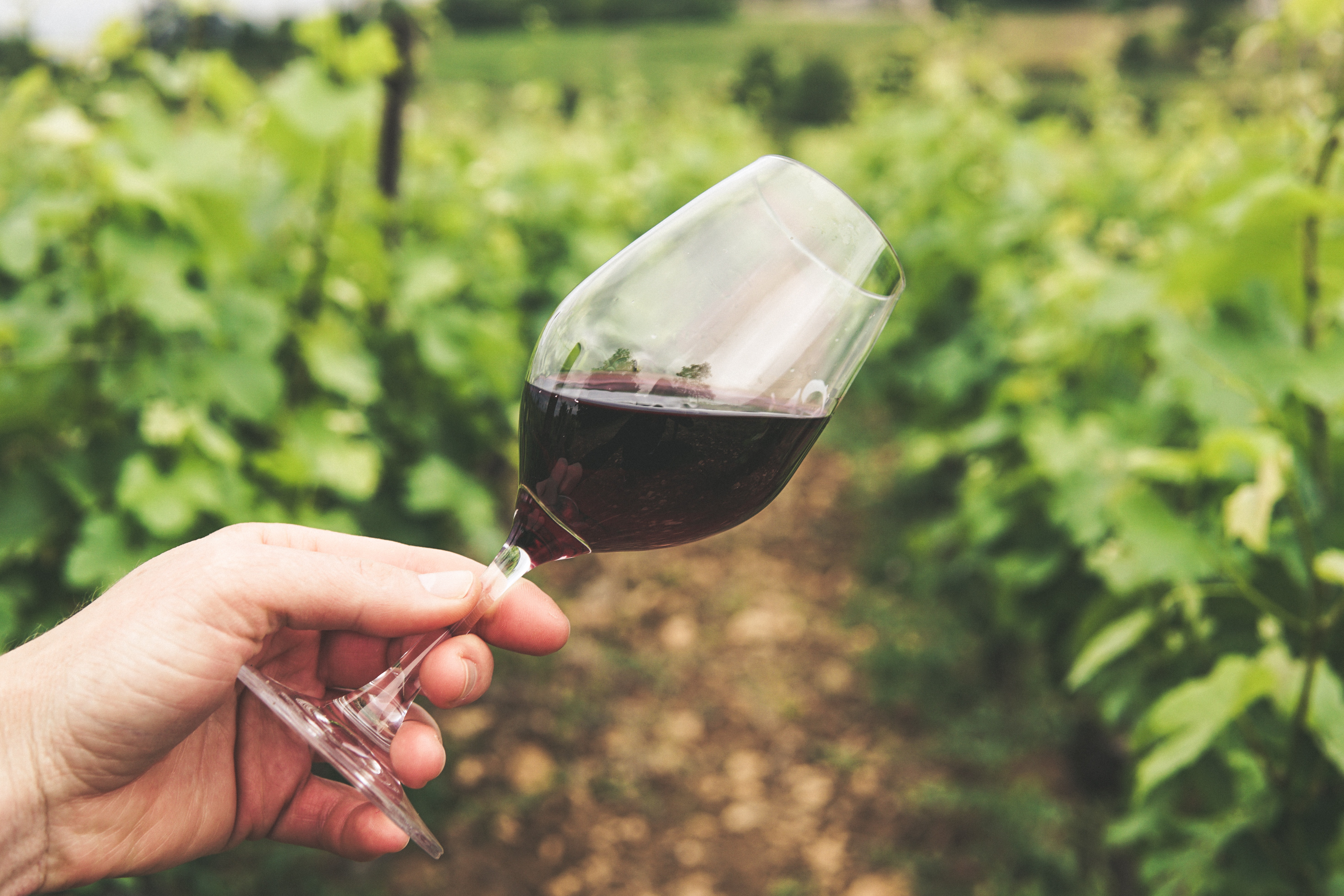Legal developments concerning the wine industry
By Juan Carlos Ojam and Antonella Balbo.
We report the latest legal news related to the viticulture industry in Argentina:
Minimum degrees of alcoholic content for 2021 Harvests
On May 31, 2021, Resolution 7/2021 (“Resolution 7/21”) of the National Institute of Viticulture (“NIV”) was published in the Official Gazette. This new rule sets the minimum degrees of generic wine real alcoholic content for the composition of 2021 Harvests within the Provinces of Mendoza and San Juan.
Furthermore, Resolution 7/21 establishes that the alcoholic percentage corresponds to the real alcohol taken into account the wine content without considering the potential alcohol that may be obtained as a consequence of fermentation. It also provides that certified wine as varietals are exempted to comply with these percentages but they have to comply with production requirements for their certification.
Following Resolution 7/21 guidelines, on June 2, 2021, the NIV issued Resolutions 8/2021, 9/2021 and 10/2021, which set minimum degrees of real alcoholic content for wines produced by establishments located in the areas of Cordoba, San Luis, Buenos Aires, Entre Ríos, La Rioja, Catamarca Salta, and Calchaquies Valley respectively for the 2021 Harvest.
Also, on June 22, 2021, NIV’s Resolution 14/2021 establishing the minimum degrees of real alcoholic content for wine establishments located in the areas of Río Negro, Neuquén, Chubut and La Pampa was published in the Official Gazette.
“Wort-based drink or wort-based product”
On June 8, 2021, NIV Resolution 11/2021 (“Resolution 11/21”) complementing Resolution No. C.44/2015 was published in the Official Gazette. Resolution 11/21 provides for the features of the term “wort-based drink” or “wort-based product” that were not defined in the General Law on Wine No. 14,878.
Said Resolution 11/21 defines “wort-based drink” or “wort-based product” as those obtained from a minimum of 50% of wort to which sweeteners, coloring matters, flavorings and food-grade products duly authorized by the NIV may be added. It also provides that, in the case of using pre-concentrated, concentrated and rectified wort, a relevant concentration analysis must be obtained.
Likewise, these products must also hold the relevant analysis for the production of the drink or product based on wort conducted by the NIV as well as the registration certificate of the products not included within the scope of the NIV issued by the National Administration of Medicines, Food and Medical Technology (“ANMAT” as per its Spanish acronym) or by any another governmental body authorized to certify its free circulation throughout the Argentine territory.
Resolution 11/21 provides that the labeling of these products must follow the current regulations applicable to wine products and the percentages of the non-wine compounds must also be informed.
Any infringement to Resolution 11/21 shall lead to penalties including fines.
Winemaking Practice of membrane filtration to obtain the product “Wine Concentrate”
On June 8, 2021, the NIV Resolution 12/2021 (“Resolution 12/21”) was published in the Official Gazette. This rule includes the filtration by membrane to obtain the product “wine concentrate” as a legal oenological admitted practice, pursuant to section 19 of the General Law of Wine No. 14.878.
Based on International Organization of Vine and Wine (“IOV”) Resolutions OIV-OENO No. 373B of 2010 and OIV-OENO No. 439 of 2012, the NIV Resolution 12/21 includes into section 19 of General Law on Wine No. 14.878 the use of membrane filtration to obtain the product “wine concentrate” as a legal oenological admitted practice. Resolution 12/21 further states that only the equipment authorized by the NIV may be used to carry out said process.
Moreover, Resolution 13/2021 (“Resolution 13/21”) issued by the NIV, published on June 9 in the Official Gazette, incorporates the term “wine concentrate” to section 17 of the General Law on Wine No. 14.87, as the product resulting from the process of wine concentration by water removal.
Resolution 13/21 provides that “wine concentrate” must be produced by wine that does not have organoleptic defects and must the relevant product analysis issued by the NIV must be obtained. It also sets forth that “wine concentrate” and Hydroalcoholic Mixture must remain separate from the rest of the existing products in the wine establishment, and will be considered as an independent component for oversight.
Rehydration of “wine concentrate” for the production of wine is banned.
For further information contact: jcojam@ojambf.com

